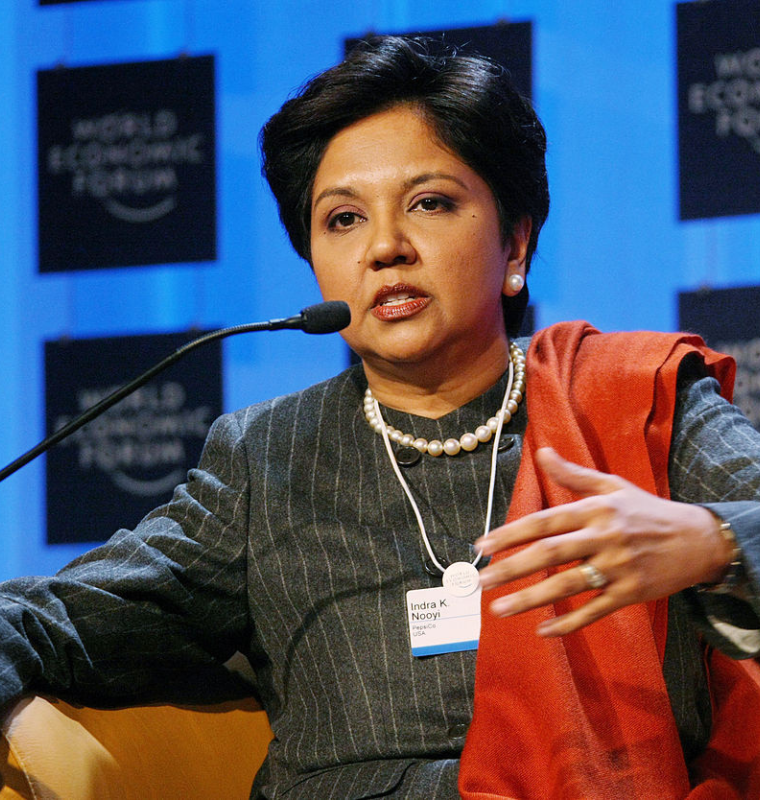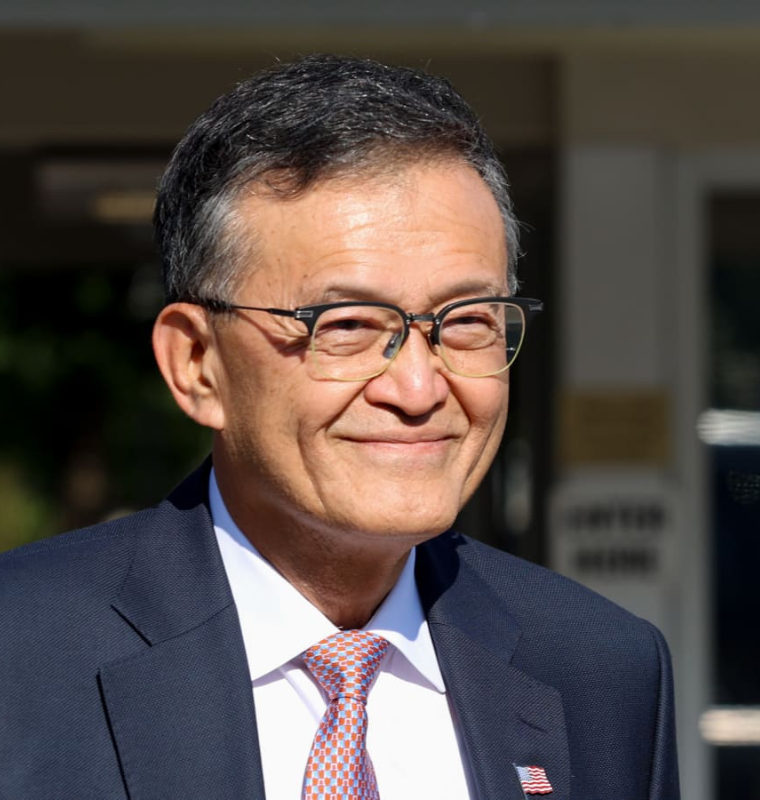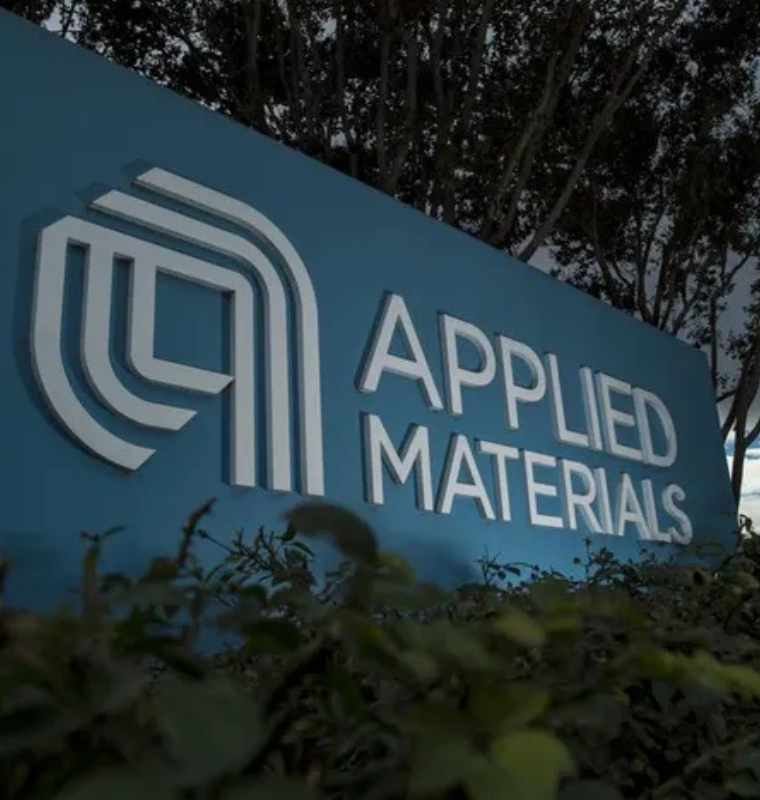China Pushes AIIB to Deepen Belt and Road Ties Amid Shifting Global Alliances
China Pushes AIIB to Deepen Belt and Road Ties Amid Shifting Global Alliances
By
Calder Monroe
Last updated:
June 26, 2025
First Published:
August 3, 2025

Photo: South China Morning Post
Beijing, China — In a pivotal address at the 10th annual meeting of the Asian Infrastructure Investment Bank (AIIB), Chinese Premier Li Qiang called for stronger alignment between the bank and Beijing's flagship international programs — the Belt and Road Initiative (BRI) and the Global Development Initiative (GDI).
This comes as U.S. support for institutions like the World Bank and International Monetary Fund (IMF) weakens, creating new openings for China to influence global development financing.
“AIIB should remain committed to open regionalism,” Li said. “It must actively enhance connectivity and cooperation among Asian nations and the world.”
Strategic Timing Amid U.S. Retreat
Li’s remarks arrive at a moment of recalibration in global economic leadership. Former President Donald Trump and like-minded Western leaders have questioned the relevance of traditional multilateral financial bodies, claiming they disproportionately benefit other nations.
In that vacuum, Beijing sees an opportunity. According to Stephen Olson, senior fellow at the Institute of Southeast Asian Studies, “China is clearly capitalizing on the U.S. pullback and increasing its strategic influence in emerging markets through institutions like the AIIB.”
AIIB’s Expanding Role and Chinese Influence
Founded in 2016, the AIIB has rapidly scaled its development financing activities. As of 2024, it has approved over $60 billion in funding, including $8.4 billion last year alone. It now boasts 110 member countries, including major economies like Germany, the UK, France, and Singapore — though the U.S. remains notably absent.
China is the AIIB’s largest shareholder, holding a 26.5% voting stake, giving it substantial sway over project decisions. Current AIIB President Jin Liqun, whose two terms end this year, confirmed that incoming President Zou Jiayi — a former Chinese vice finance minister and senior Communist Party official — will take over in January 2026.
A Closer Look at Belt and Road 2.0
Since its launch in 2013, China’s Belt and Road Initiative has aimed to build an expansive network of infrastructure connecting Asia, Africa, and Europe. While the initiative has funded thousands of kilometers of railways, highways, and ports, critics argue that it saddles developing nations with debt and disproportionately benefits Chinese state-owned firms.
To address these criticisms, Jin said the AIIB will focus more on “high-quality” infrastructure under BRI 2.0 — a shift meant to align with international best practices in governance, environmental protection, and sustainability.
AIIB's Global Footprint Grows
One of AIIB’s standout partners is Indonesia, which has collaborated on 14 projects worth more than $5.1 billion, according to the country’s finance minister, Sri Mulyani Indrawati. “AIIB is no longer an emerging institution,” she said at the event. “It is now a global force for development.”
The bank is increasingly involved in water supply, transportation, energy infrastructure, and even education programs. When asked about the Middle East, Jin noted AIIB’s interest in supporting economic restructuring and youth education in the region, though he declined to address geopolitical issues like the Iran-Israel conflict.
From Infrastructure to Global Policy
Beyond infrastructure, Premier Li used his platform to urge world leaders not to politicize trade. Speaking at the World Economic Forum’s “Summer Davos” in Tianjin, he warned against turning economic cooperation into a security issue.
“Engaging in the international economy is a way of reshaping the rules and order,” Li said, underscoring China's intent to reframe global economic governance.
Following the address, Li met with major business leaders, including JD.com’s founder Richard Liu, in a clear signal that China is continuing its aggressive push to attract foreign investment amid an increasingly fragmented global economy.
Final Takeaway
As Western institutions face declining influence and internal divisions, China is seizing the moment to consolidate its position as a development leader. Through expanded AIIB initiatives, enhanced alignment with the Belt and Road and Global Development Initiatives, and calculated global diplomacy, Beijing is creating new pathways to extend its geopolitical and financial reach.
Whether this shift signals a new era of multipolar development finance — or creates new fault lines — depends on how the rest of the world responds.
Popular articles
Subscribe to unlock premium content
Indra Nooyi’s Strategic Vision at PepsiCo: Balancing Profitability with Purpose

Nike’s Direct-to-Consumer Revolution: How Cutting Retailers Boosted Profits and Control

Spotifys Playlist Power Turning Music Curation Into An Advertising Goldmine

Indra Nooyi’s Strategic Vision at PepsiCo: Balancing Profitability with Purpose

Nike’s Direct-to-Consumer Revolution: How Cutting Retailers Boosted Profits and Control

Indra Nooyi’s Strategic Vision at PepsiCo: Balancing Profitability with Purpose









